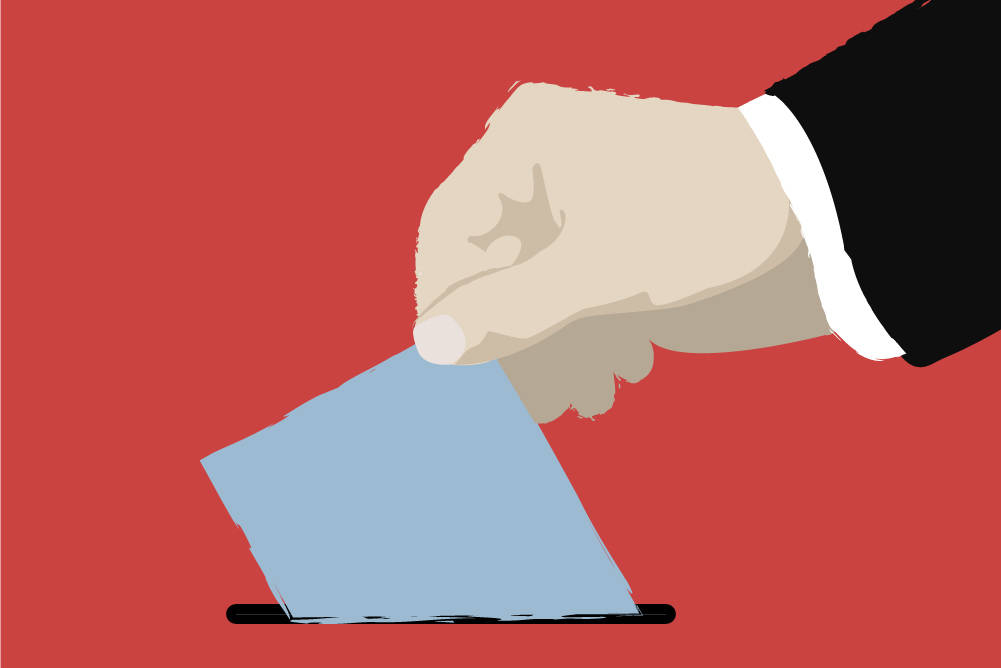When the Access for All program was first proposed by King County Executive Dow Constantine in March, our editorial board was skeptical. We, like everyone else in the city, were experiencing tax fatigue, and we blanched at the program’s $469 million price tag, to be paid by a sales-tax increase of .1 percent. The region had just voted in favor of a major tax hike to fund Sound Transit’s latest expansion, and we knew that by the end of the legislative session there would be a new statewide tax package to fund education. Then, just a few weeks prior to Constantine’s announcement, Mayor Ed Murray announced plans to place a $275 million property-tax levy on the August ballot to fight homelessness. Positioned against that levy, a tax increase to fund arts, science, and culture programs seemed like unnecessary overreach. Add the fact that a sales tax is the most regressive form of taxation available—disproportionately impacting the low-income Seattleites who programs like this aim to serve—and it appeared that this was one tax too far.
Now the landscape is little changed. Murray has dropped his levy, but the city recently passed a regressive sales tax on sugary drinks and the state legislature decided to pay for school funding with a slightly less regressive property tax that hits Seattle hard. These taxes promise to overly burden those more in need and exacerbate what a recent study found: Seattle’s poor are among the nation’s top five most tax-burdened populations of city dwellers with incomes of $25,000 or less. It’s worth pointing out that that study also shows that Seattleites with incomes of $150,000 per year pay among the lowest local tax rates in the nation.
Yet the program that this increase would fund is a good one. A penny of tax for every $10 spent would support hundreds of institutions that maintain the area’s cultural identity just as it is being warped by market forces. More important, it will also make those institutions available to all county residents through free and discounted entry fees for those in need. Most important, the sales tax will fund the development of educational programming by those institutions, to be accessed by our public schools, filling in some gaps left by destructive cuts in arts and cultural curricula—gaps that no amount of GoFundMe campaigns and teacher pocketbooks can fill. To make sure each of the 300-plus nonprofits involved is doing right by taxpayers, the program includes annual check-ins during its seven-year lifespan. The program has reportedly been a success in Denver. We believe it will be a success here as well.
If you are withholding your vote because this is a regressive tax, we ask you to let your guard down. We cannot press pause on developing necessary programs while we figure out how to make our tax structure more progressive. We must show an ability to do two things at once. Fortunately, the City of Seattle is doing its part by pushing forward a progressive city income tax on high earners that has the potential of changing the tax regime at the city, county, and state level. But even if that effort is successful, it will take time. In the intervening years, we need to maintain this city’s culture, open it to all, and provide a robust educational experience for our kids. The $13 that this tax will cost the poor each year will be a burden, but we believe that the benefits to this particular population will outstrip it. The $30 each year that it will cost the well-off will not be a burden. If you feel you can’t afford it, vote No. We will be voting Yes.
editorial@seattleweekly.com
Read the rest of our endorsements here. Primary ballots will be mailed Wednesday, July 12. Ballots must be postmarked by Tuesday, August 1. Wondering where your ballot is? Check the county’s Ballot Tracker.






